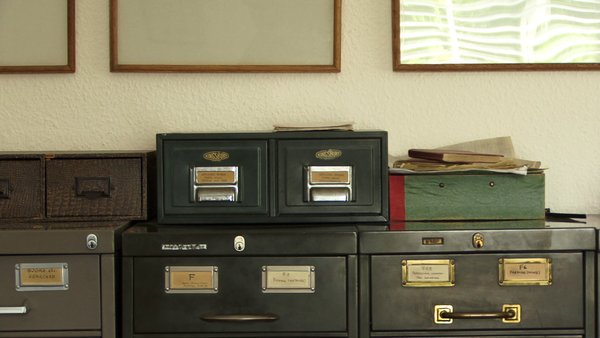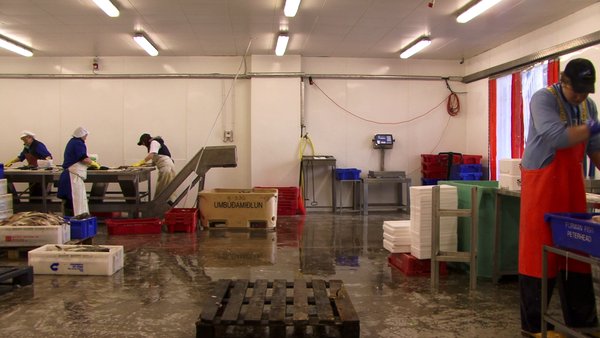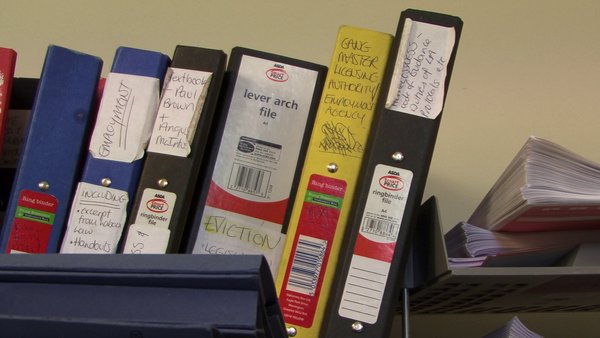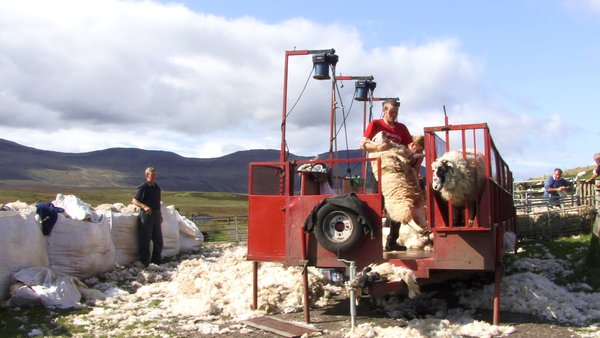Stackwalker is a collection of interviews collected over a period from August 2008 to June 2010. Most were recorded in the Hebrides and the North East of Scotland, with others in Edinburgh, Glasgow, and London. The recordings were then transcribed in a verbatim format.

The material was initiated from an enquiry into current forms of self-organised production in rural Scotland, the relationship of these to law and nature, and the various localised, often informal, forms of governance and social structure within which these exist. There are a variety of people from different backgrounds and professions included in the interviews. Two particular groups became prominent: crofters and people doing work related to current crofting communities and crofting history; and migrant workers from A8 states (Poland and the Baltic countries) working in food and fish processing industries, as well as those working in organisations or roles that relate to these. It may seem arbitrary to bring these two groups into relation with one another, yet the relation is one that reflects the often arbitrary and uncertain unfolding of larger economic and political processes as they affect and influence people’s lives. People respond to this as individuals, in seeking to make use of the resources and possibilities available to them, or collectively, in forming and joining groups, organisations and other forms of social, political, economic, or cultural structure, that can support them. For many the experience is a combination of individual and collective actions that they engage in and negotiate. It is the reflection upon this experience, sometimes consciously, sometimes revealed in more anecdotal form, that runs through all the interviews.

Two direct historical links between the groups stand out. Firstly, that the Gaelic-speaking peoples of the west of Scotland were once the main migrant labour force for the fish and food industries elsewhere in Scotland, and, secondly, that in the late 19th century, an emerging consciousness of the Gaelic communities as part of a greater political class came through contact with migrant workers in the Central Belt. At that time, along with a substantial proportion of Irish workers, many of these were from the same countries as recent A8 migrants. In both groups, crofters and migrant workers, the need for self-organised representation and social organisation has been significant, though often varied in how it is realised. Other points of contact and cross-over include: the relationships between human labour, capital, and natural resources; between law and lived experience; between history and the present, and the nature of articulating this. This is reflected in discussions within the interviews around archives, documents, language, and institutions.

The subject matter unfolds from the bottom up, one interview leading to the contacts that became the basis for later interviews. Over the course of this process, the perspectives of the people speaking changes. Initially, more first-hand personal experiences were collected. Later, the need for more general overviews to place these in context became apparent. The interviews found towards the end of this collection primarily offer more general, often historical, accounts. As a whole, the interviews do not present a portrait of any one particular group of people, but rather are a complex of statements, offering many aspects of a process that is not easily bounded in terms of specific identities, periods, or contexts.

The project combined this written interview material with observational film sequences shot around the locations where the interviews took place. These film sequences display the material contexts of landscapes, workplaces, archive rooms, and the transformation of natural resources through human and machine labour characteristic of the various forms of production documented. A version of the film footage combined with transcripts of the interviews was presented as part of the exhibition Fields, Factories and Workshop, at the CCA: Center for Contemporary Arts, Glasgow, in August and September 2010. The film version was accompanied by music by Hanna Tuulikki, a set of vocal works composed from fragments of songs gathered from people in the locations where the interviews were made.
A book edition of the interview material was published by in 2012 CCA entitled Stackwalker: Interviews 2008-2010 (ISBN: 9 780956 271389) and distributed by Cornerhouse Publications. Print copies can be ordered from Cornerhouse Publications.
Credits
Stackwalker is a project by Simon Yuill.
- Interviews and Images:
- Simon Yuill
- Interview Transcriptions:
- Aleksandra Domagalska
- Jessie Duncan
- Svetlana Macquarrie
- Beathag Mhoireasdan
- Catherine Weir
- Translations:
- Aleksandra Domagalska
- Anna Druka
- Jessie Duncan
- Svetlana Macquarrie
- Rasa Luzyte
- Beathag Mhoireasdan
- Proof Reading:
- Alice Brook
- Music for Film:
- Hanna Tuulikki (composed and performed by)
- John Cavanagh (studio production)
- With thanks to:
- Carol Bambrough (Community Worker, Aberdeenshire Council), Jonny Barton (Community Officer, Aberdeenshire Council), Meg Bateman (Sabhal Mòr Ostaig, Skye), Jacqueline Bennett, Rona Dhòmhnallach (Gaelic Arts Development Officer, Glasgow Life), Ron Falconer (Grampian Racial Equality Council, Aberdeen), Christopher Fleet (National Libraries of Scotland), Olive Geddes (National Libraries of Scotland), Saskia Gibbon (Arts Development Officer, Aberdeenshire Council), Andrew Ironside (Harbour Master, Fraserburgh), Gunta Lielmane, Ilona Low, Heather Lynch, Tòmas MacAilpein, Dr Cathlin Macaulay (School of Scottish Studies, University of Edinburgh), Murdo MacDonald (Duncan of Jordanstone College of Art and Design), Mairi McFadyen (School of Scottish Studies, University of Edinburgh), Duncan MacInnes, Iain MacIver (Stornoway Trust), Dr Margaret Mackay (School of Scottish Studies, University of Edinburgh), Iain McKinnon (Centre for Human Ecology, and Scottish Crofters Federation), Kay MacLean, Teenie MacLean, Christina MacLeod (The Learning Shop, Stornoway), Finlay MacLeod, Ewan McNeil, Alison Metcalfe (National Libraries of Scotland), Claire Nance (Celtic Studies, University of Glasgow), Prof. Roibeard Ó Maolalaigh (Celtic Studies, University of Glasgow), Kasia Raszewska (Świetlica, Edinburgh), Dace Sauša, Norman Shaw, Cassie Smith-Christmas (Celtic Studies, University of Glasgow), Kirsty Stansfield, Iain Taylor (Spey Fruits, Elgin), Ally Thompson (Fraserburgh), Father Tadeusz Turski, Lorraine Wilson (Arts Development Officer, Glasgow Life), Fiona Wright, Margaret MacIver Wright, Monika Vykoukal, Mindaugas Zaleckas
© 2008-2012 Simon Yuill.
The Stackwalker project acknowledges support from the National Lottery through Creative Scotland towards the development of the project.
